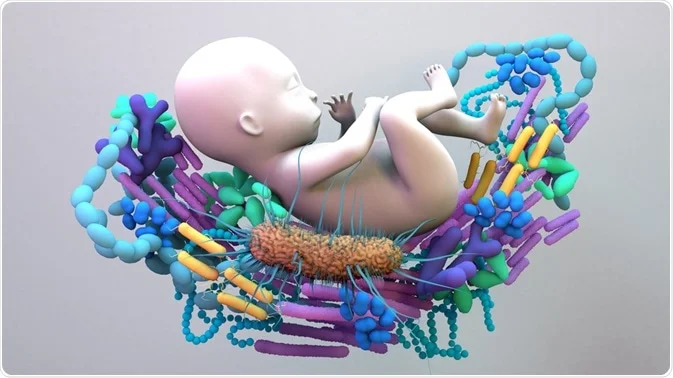Human Gut Microbiome Is Your Body's Center Of Good Health
Human Gut Microbiome Is Your Body's Center Of Good Health https://golove-life.com/ Improving the health and condition of your gut microbiome is the most important thing you can do for your overall health.
Did you know that your body contains more microbes than human cells? Do you know why these microbes or bacteria are present in your body? These neighbors are always with us, and they typically do not make us ill. Are they friendly? Can they also make us sick? How did they enter? What part do they play in the body?

The human body is home to millions of tiny living creatures, and the entire population of these organisms is referred to as the human microbiome. Bacteria are a type of microbe that can be found almost anywhere on the body, including the skin, the nose, the mouth, and especially the gut.
It was previously believed that the human microbiome began to colonize the gut at birth, but some researchers have suggested that commensal bacteria may be passed from mother to baby across the placental barrier. The earliest bacteria to colonize babies may have originated from the mother's mouth microbiome.

Early-life delivery modality has a significant impact on the gut flora. An infant born vaginally is initially colonized by the mother's vaginal and gut microbiota.
In contrast, the skin and hospital environment bacteria are first introduced to the baby during a Caesarean procedure. Rectal mother-to-child bacterial transmission is also suggested by recent studies.
As a result, the infant born via vaginal delivery obtains bacteria similar to its own mother's vaginal and fecal microbiota during the early stages of life, demonstrating a low level of variety and primarily reliant on the baby's food.
After that, the infant's microbiota's makeup is significantly influenced by the way of feeding—breast milk versus formula. In addition to live bacteria, human milk also contains a wide variety of complex carbohydrates (known as human milk oligosaccharides) that are indigestible to infants.
These complex carbs then function as prebiotics by altering the bacterial population in the infant's stomach. While Lactobacillus and Bifidobacterium predominate in the gut microbiota of breastfed newborns, formula-fed infants acquire a microbiota more akin to that of an adult, with higher overall bacterial diversity.

The diversity of gut microbiome increases as a child transitions from breastfeeding to solid foods rich in protein and fiber. Scientists believe that a child's gut microbiome will resemble an adult's by the time they are between the ages of 2 and 3 and will remain constant throughout their adult life.

Why Is The Human Gut Microbiome Important?
The roles of the human gut microbiome are numerous:
The roles of the human gut microbiome are numerous:
Protects:
- It protects against dangerous bacteria.
- It teaches the immune system to distinguish between friends and enemies
- It breaks down harmful substances.
Nutrition:
- It can digest substances that humans cannot (for example, dietary fiber).
- When the gut microbiome digests dietary fiber, it generates essential compounds (such as short-chain fatty acids) that have benefits that extend beyond the gut.
- It aids in the absorption of dietary minerals (e.g., magnesium, calcium and iron).
- It produces various important vitamins (for example, vitamin K and folate (B9)) and amino acids (i.e., the building blocks of proteins).
Behavior:
- It has the ability to influence mood and behavior.
Given its importance, scientists increasingly regard the human gut microbiome as a "organ."
According to the findings of studies on the interaction between microbial communities and their respective hosts, these organisms may carry out biochemical activities that have an effect on carcinogenesis, the formation of tumors, and the immune system's response to treatment.
According to a well-researched model on the factors that may contribute to dysbiosis in the gut, continuous intra-abdominal infections, antimicrobial drugs, or both may lead to an increased risk of colorectal cancer.
The human gut microbiome changes during the course of a person's life, from infancy to old age. While the gut microbiome is very varied in neonates, it tends to become less diverse as people age and lose essential genes, including those that are involved in making short-chain fatty acids. Frailty has been linked to the general decline in gut microbial diversity.
